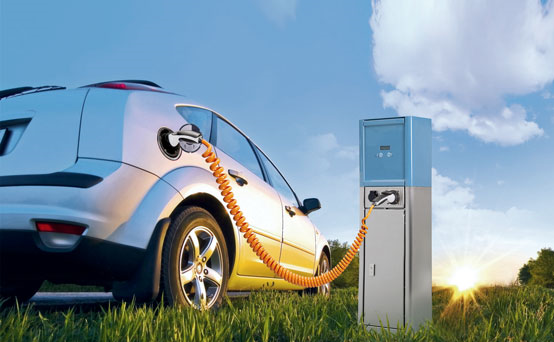
Introduction
Is India ready for Electric Vehicles? The Question draws attention to available and required resources in India.
“Studying the resource mobilization for each venture in e-mobility in rural areas of India requires a comprehensive analysis of various factors. Please refer to the SWOT analysis for e-mobility:https://readwrite.in/swot-for-e-mobility/
Details
Here’s an outline of the key aspects to consider to answer questions like Is India ready for Electric Vehicles?
Research Objectives:
Clearly define the objectives of the study, such as understanding the current state of e-mobility ventures in rural India, and identifying the resources required for their establishment and operation. For assessing the challenges please refer to the following:https://readwrite.in/challenges/
For utilizing the opportunity resource mobilization is needed. Please refer to:https://readwrite.in/resource-mobilization/
Literature Review:
Conduct a thorough literature review to understand the existing knowledge and research related to e-mobility ventures in rural areas of India. This will help you gain insights into successful strategies, resource requirements, funding sources, and government initiatives and a proper answer will be available for the question Is India ready for Electric Vehicles?
Data Collection:
Gather data through primary and secondary sources. Primary data can be collected through surveys, interviews, and focus groups involving e-mobility venture owners, customers, and stakeholders. Secondary data can be obtained from government reports, industry publications, and research papers.
Resource Identification:
Identify the key resources required for e-mobility ventures in rural India. This may include electric vehicles (EVs), charging infrastructure, human resources, financial capital, land, and technology. Categorize the resources into tangible (e.g., EVs, infrastructure) and intangible (e.g., knowledge, networks) assets.
Resource Mobilization Strategies:
Analyze the strategies employed by e-mobility ventures to mobilize resources. Explore different approaches such as partnerships, collaborations, government schemes, private investments, crowdfunding, and grants. Assess the effectiveness and challenges associated with each strategy.
Funding Sources:
Identify the funding sources available for e-mobility ventures in rural India. This can include government subsidies, grants, venture capital, impact investors, banks, and microfinance institutions. Evaluate the accessibility, terms, and conditions, and success rates of these funding options.
Government Initiatives:
Examine the various government initiatives and policies aimed at promoting e-mobility in rural areas. This may include financial incentives, tax benefits, infrastructure development programs, and skill development initiatives. Evaluate the impact of these initiatives on resource mobilization.
Challenges and Opportunities:
Identify the challenges faced by e-mobility ventures in rural India when mobilizing resources. These challenges may include limited infrastructure, lack of awareness, affordability, regulatory hurdles, and market demand. Also, identify the opportunities that exist for resource mobilization, such as the growing demand for clean transportation and the potential for innovation.
Case Studies:
Analyze case studies of successful e-mobility ventures in rural India. Understand their resource mobilization strategies, funding sources, and business models. Extract lessons learned and best practices that can be applied to other ventures.
Recommendations:
Based on the study findings, provide recommendations to e-mobility ventures, policymakers, and stakeholders on effective resource mobilization strategies. Highlight potential areas for improvement, policy interventions, and collaborations to foster sustainable growth in e-mobility ventures in rural India.
Remember to conduct thorough data analysis, triangulate findings from multiple sources, and ensure ethical considerations in data collection and reporting. Then only you will be able to get the correct answer to the question Is India ready for Electric Vehicles?
